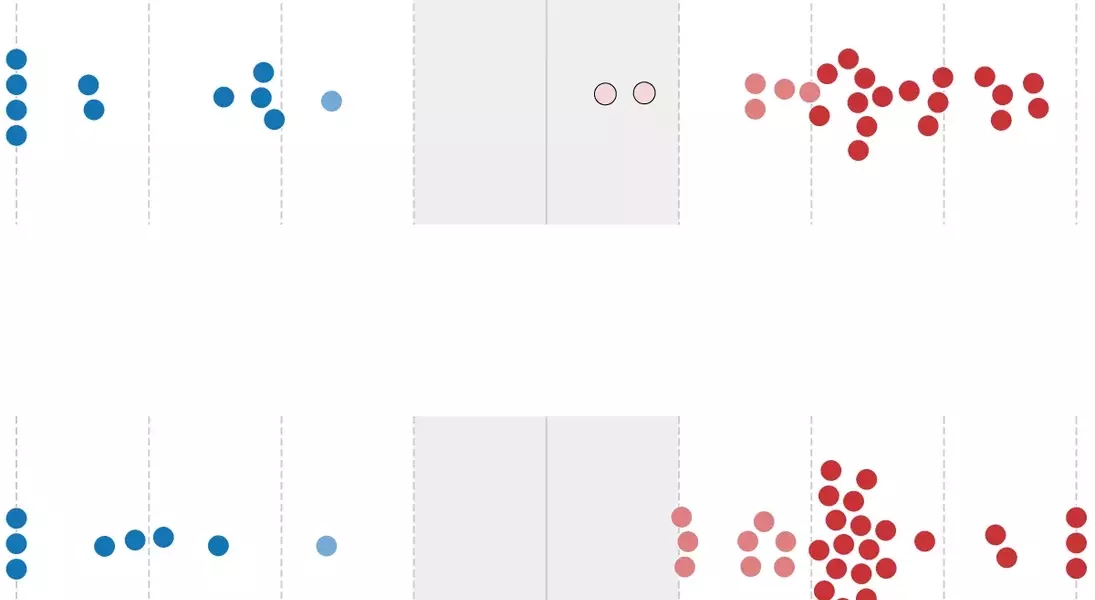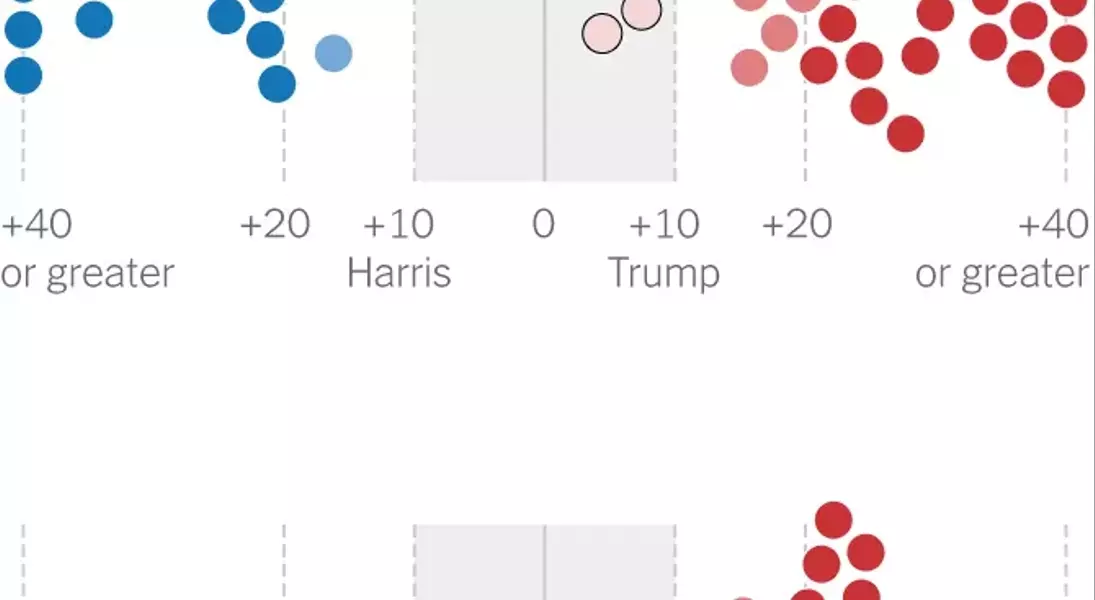



Political Chess: Texas Democrats' Bold Move to Safeguard Electoral Integrity
Understanding the Legislative Impasse and Its Genesis
A time-honored legislative tactic involves preventing a vote by ensuring insufficient attendance. This strategy was precisely what motivated Texas Democrats to depart Austin on Sunday. Their objective: to hinder the passage of a gerrymandering bill that would redraw congressional maps, potentially converting five currently Democratic-held districts into Republican strongholds. Such a shift would significantly bolster the Republican majority in Washington, fulfilling a key objective for former President Trump's political agenda.
The Strategic Dispersion and Escalating Tensions
With a clear purpose, Democratic lawmakers swiftly left Texas, scattering to various locations including Chicago, Boston, and Albany, N.Y. From these distant points, they have been vocal, holding press conferences to express their vehement opposition to the proposed legislation. What began as a local dispute over redistricting has quickly evolved into a nationwide political game of evasion, with Texas Governor Greg Abbott vowing to compel the return of these absent Democratic representatives for the crucial vote.
Delving into Texas's Proposed Electoral Overhaul
The Republican legislative faction in Texas seeks to gain an additional five seats in the U.S. House of Representatives, aiming to expand upon their current 25 out of 38 congressional seats. This ambitious plan involves either radically reconfiguring or entirely relocating five districts currently represented by Democrats. Three of these target districts are situated in major urban centers like Houston and Dallas, as well as the Austin-San Antonio corridor. The remaining two are located along the Mexican border, areas where the predominantly Hispanic population has recently shown a tendency to lean Republican in elections.
Potential Repercussions for Democratic Incumbents
The proposed redistricting map could also instigate challenging primary contests for seasoned Democratic lawmakers, pitting them against emerging progressive figures within their own party. For instance, the newly configured Austin district might force a primary battle between long-serving Congressman Lloyd Doggett and a rising progressive candidate. Similarly, Al Green, a prominent critic of the former President, finds his district absorbed into a vacant Houston-area district, where several new candidates are already vying for election.
